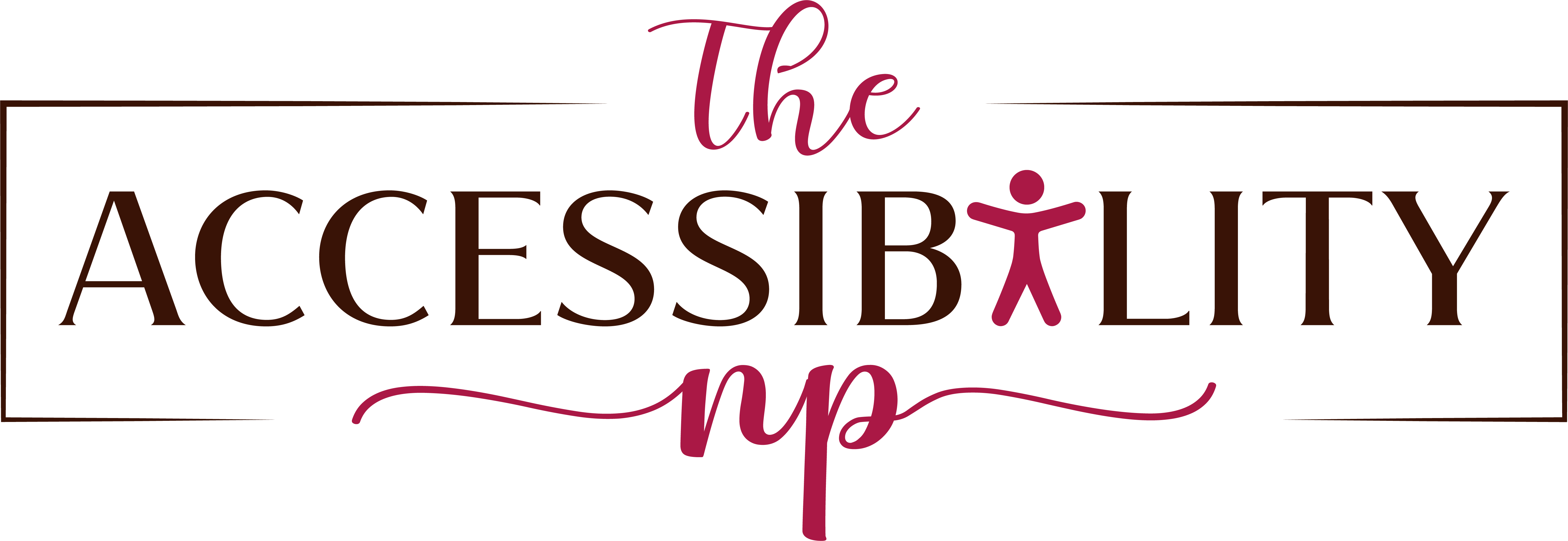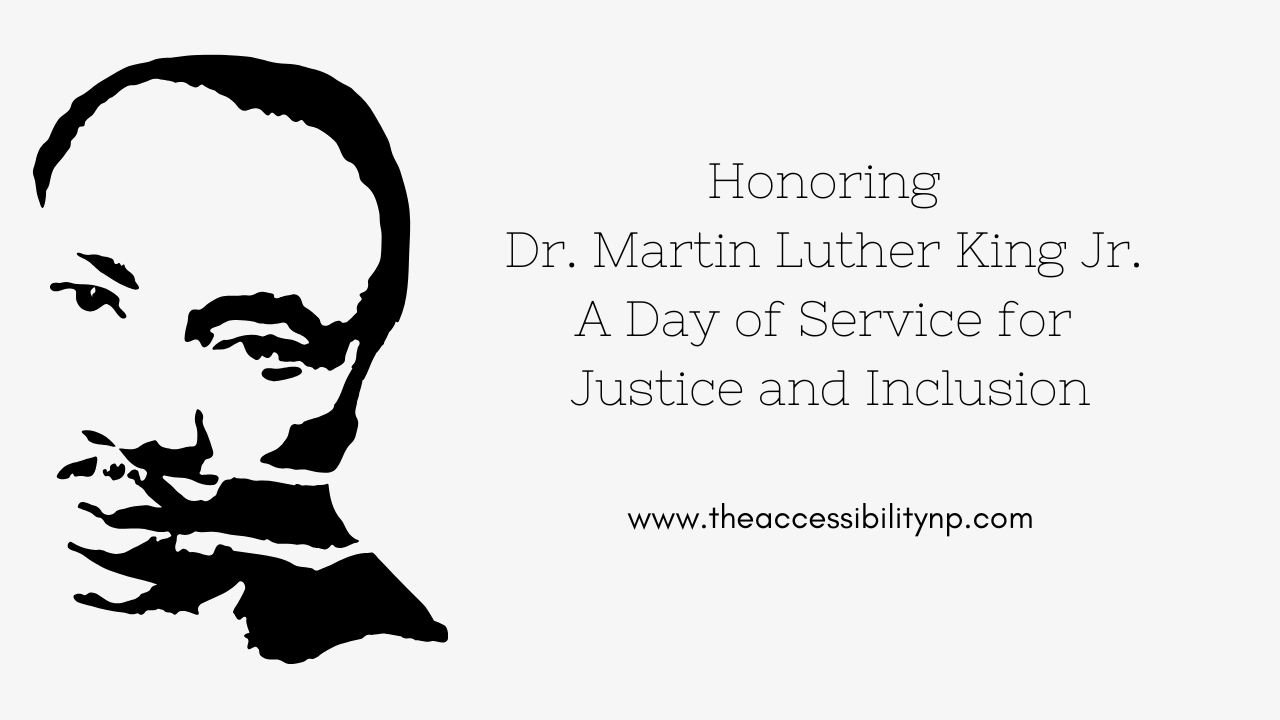Each year, on the third Monday of January, we honor the life and legacy of Dr. Martin Luther King Jr., a man who stood as a beacon of hope and justice. While many recognize this day for its historical significance, it is more than a day of remembrance—it is a Day of Service. This national holiday encourages us to reflect on Dr. King’s teachings of love, equality, and action while giving back to our communities.
For the disability community, this day holds special significance as a call to address systemic barriers, foster inclusion, and create equity.
Why MLK Day is a Day of Service
Dr. King believed in the power of service as a transformative tool to combat injustice and foster equality. In his words:
“Life’s most persistent and urgent question is, ‘What are you doing for others?'”
The MLK Day of Service, established as part of the Martin Luther King Jr. Federal Holiday in 1994, transforms the holiday into a call to action. It’s an opportunity to honor Dr. King’s legacy through acts of kindness, compassion, and commitment to community-building. For the disability community, it is also a reminder that Dr. King’s fight for civil rights paved the way for the ongoing advocacy for disability rights, culminating in landmark legislation like the Americans with Disabilities Act (ADA).
Why This Day Matters to the Disability Community
Dr. King’s vision of justice extended to all marginalized communities. The disability community, like others, faces ongoing inequities in access, representation, and inclusion. MLK Day is a powerful reminder that:
- Accessibility is a Civil Right: The principles of the Civil Rights Movement underpin the fight for accessibility. Ensuring accessible education, public spaces, and opportunities for all is a direct continuation of this legacy.
- The Fight for Equity is Ongoing: Barriers to employment, education, and healthcare still disproportionately affect disabled individuals. MLK Day serves as a call to action to address these disparities.
- Intersectionality is Key: Disabled individuals also belong to other marginalized groups. Dr. King’s advocacy for justice resonates with those navigating multiple layers of inequality.
How You Can Serve on MLK Day
Engaging in service doesn’t have to be grandiose—it’s about meaningful action that uplifts others and creates ripple effects in our communities. Here are a few ways to make this day impactful for the disability community:
- Volunteer to Promote Accessibility: Help make schools, workplaces, or public spaces more inclusive. Advocate for assistive technology and accommodations that remove barriers.
- Support Disability Advocacy Groups: Partner with organizations that work to advance the rights and inclusion of disabled individuals.
- Educate Others: Host or attend discussions about the intersections of civil rights and disability rights. Share resources that highlight the ongoing work needed to achieve equity.
- Be an Ally: Use your voice and platform to support disabled individuals and families in your community, amplifying their needs and rights.
MLK’s Legacy and the Spirit of Unity
Dr. King’s vision was grounded in the belief that collective action could overcome systemic barriers. His leadership during the Civil Rights Movement showcased the importance of bringing people together to create lasting change. For the disability community, this means continuing to push for equal opportunities, accessible environments, and societal attitudes that embrace inclusion.
Reflect and Act
MLK Day is a moment to reflect on how we can embody the principles Dr. King stood for—equality, service, and unity. Whether you take part in organized volunteer efforts or commit to making kindness and advocacy a part of your daily life, remember that small acts of service contribute to meaningful change.
For disabled individuals, Dr. King’s legacy is a reminder of the power of perseverance, community, and collective action. This MLK Day, let’s honor his memory by building a more inclusive world for everyone.
How will you make an impact this year?
See you next Monday. Stay inspired and keep pushing for accessibility!

